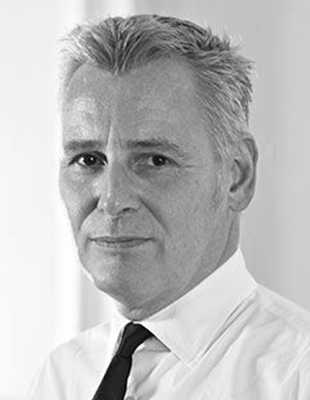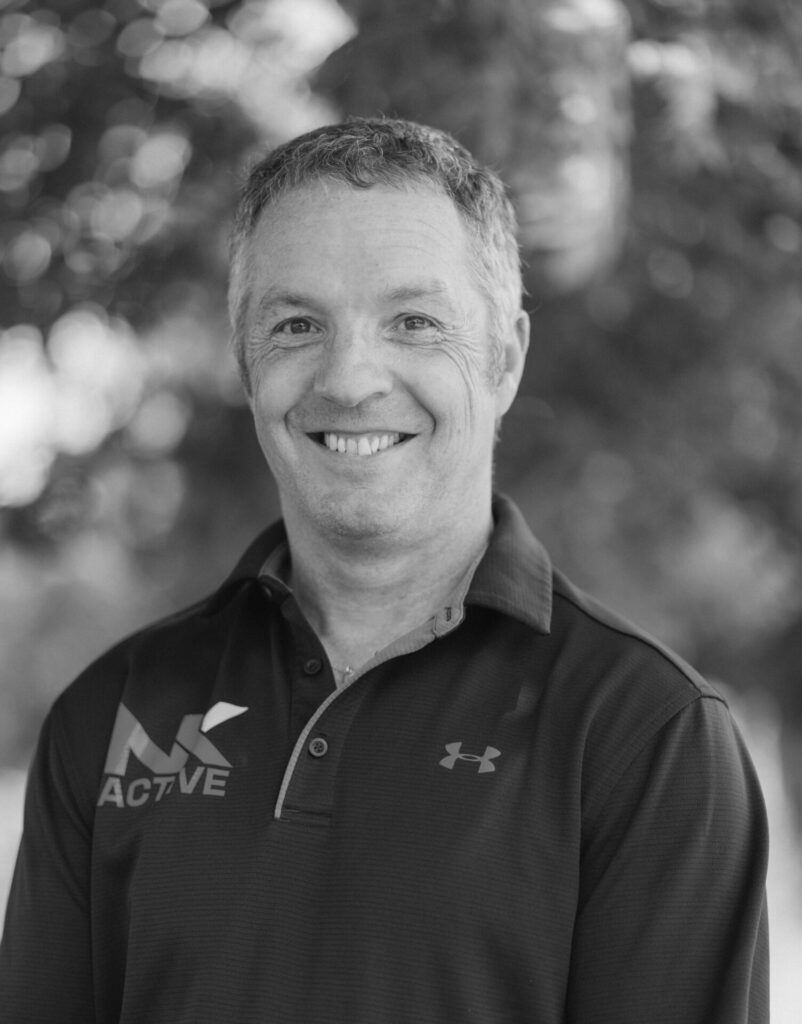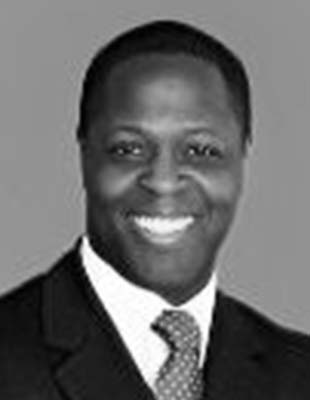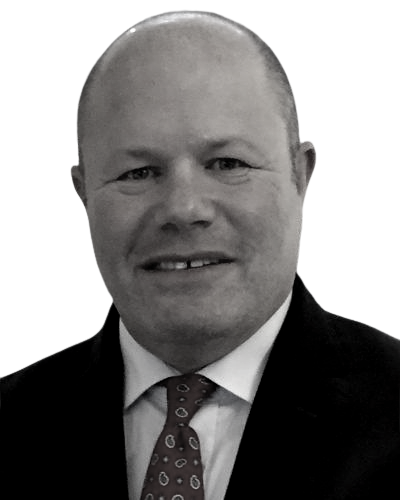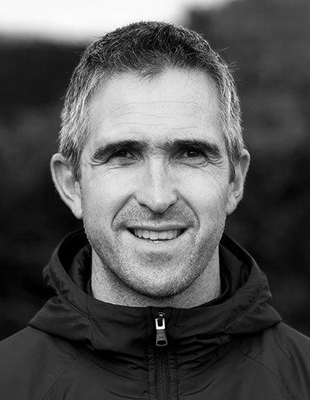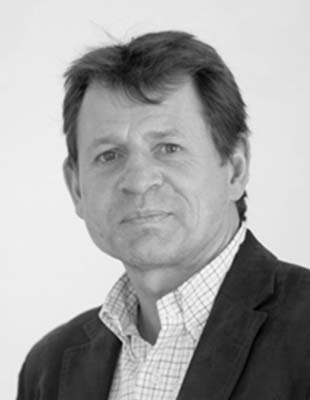Introduction
Exercise is vital for both our physical and mental wellbeing. It has many benefits, including reducing your risk of major illnesses such as coronary heart disease, stroke, type 2 diabetes and cancer, as well as lowering your risk of early death by up to 30%. Keeping fit helps you live a longer and better quality life.
Whether you enjoy skiing, sailing, cycling, golf, or hiking, our specialist sports medicine consultants are your first point of contact for any exercise related injury or niggles, helping you get back to enjoying your activities again as soon as possible.

Ready to book now? Get in touch to discuss your needs and decide on the best course of treatment for you.
Ready to book now? Get in touch to discuss your needs and decide on the best course of treatment for you.
Skilled in the treatment of musculoskeletal and physical activity conditions, our highly experienced specialists are able to offer the most innovative techniques and technologies to help deliver fast and effective diagnosis and treatment. Many of them work with both amateur and professional sportspeople, bringing a wide range of experience to the patients they treat.
Your specialist will undertake an initial assessment of your injury, and deliver rapid access to scans and investigations such as MRI, X-ray, ultrasound and CT if required. If the diagnosis requires surgery for treatment, your sports medicine specialist will make a referral to our leading team of musculoskeletal orthopaedic surgeons. If you require additional physical support, we also have physiotherapists there to help you every step of the way.
Reasons to see a specialist in sports medicine
Typically, our sports medicine consultants will help in the diagnosis and treatment of the following conditions:
- Stress Fractures
- Sports injuries
- Muscle injuries
- Tendinopathy
- Groin pain
- Knee pain
- Shoulder pain.
Typical treatments
Musculoskeletal injections
Sometimes your specialist consultant will decide to use an injection to treat your condition. There are different types of injection, including:
Steroid injections
A steroid injection should help to reduce pain and inflammation in the area causing you discomfort. This relief can often make physical therapy more comfortable and therefore more effective. These injections are normally carried out using an ultrasound to help guide the injection to the exact point required. These injections can be given under a local anaesthetic to minimise pain if needed. You may experience some soreness after the injection, this usually wears off in 2 – 3 days. It’s best to avoid strenuous activity for a few days after the injection.
Hyaluronic injection
These injections are often used to treat knee pain, helping to act as a lubricant and shock absorber. They can be delivered over a number of weeks, or in a single, multi-dose injection.
High volume injection (HVI)
This type of injection is normally used to treat tendinopathy. The consultant will use ultrasound guidance to injection a high volume of solution (30 – 40mls) into the space between the tendon ad tendon sheath. The solution contains normal saline, and local anaesthetic and helps to push the tendon sheath away from the tendon helping to promote an effective healing process and reducing pain.
Capsular distension
Capsular distension is a therapy used for frozen shoulder. Frozen shoulder is a common condition that causes pain and stiffness of the joint, due to inflammation of the shoulder joint and a thickening of the joint capsule. A large amount of saline solution, as well as steroid and local anaesthetic is injected into the joint, until the capsule bursts.
Musculoskeletal ultrasound
A musculoskeletal ultrasound scan looks specifically at your muscles and joints, and uses high frequency wave sounds to create images of your bones and muscles, including ligaments, nerves and tendons. Ultrasound cannot be heard by the human ear, but is detected using a machine called an ultrasound scanner. This particular type of scan allows for the capture of multiple views, which is especially helpful for patients whose pain is triggered by movement.
The ultrasound waves are delivered by a small handheld sensor. Some cold gel will be applied to your body – this enables the sensor, which is passed over your skin, to pick up sound waves. The scan itself is painless and safe.
EWST (Extracorporeal shock wave therapy)
Extracorporeal shock wave therapy is a non-invasive treatment that delivers shock waves to damaged or inflamed tendon tissues in order to promote the healing process and reduce pain, and increase the range of movement. This type of therapy can be used to treat tendon inflammation in the shoulder, elbow, hip, knee, Achilles and sole of the foot. Commonly treated conditions are plantar fasciitis, tennis or golfers elbow, tendinopathies of the Achilles tendon, hamstring and patella, tendinitis in the shoulder, shin splints and trochanteric bursitis.
EWST normally takes around 10 minutes, and 3 – 4 sessions are recommended.
Cardiopulmonary exercise testing
Cardio refers to your heart, and pulmonary refers to your lungs – so cardiopulmonary exercise testing is a way of measuring how well each organ functions with your muscles during physical activity.
This test usually takes place on a treadmill, and your heartrate, breathing and oxygen intake is monitored and documented. Your blood pressure will also be taken and electrodes attached to your chest to monitor your heartrate.
Cardiopulmonary exercise testing can help give your consultant a better understanding of your body’s reactions to exercise, and identify any areas for concern.
Full cardiac screening
Cardio refers to your heart, and pulmonary refers to your lungs – so cardiopulmonary exercise testing is a way of measuring how well each organ functions with your muscles during physical activity.
There are two key tests often conducted as part of the cardiac screening:
Electrocardiogram (ECG)
This test measured the electrical activity inside your heart that controls how it beats, The consultant will be looking to understand whether there are any abnormalities with the rhythm of your, that could potentially affect your health, especially if you undertake regular vigorous exercise. There are three ways to measure the ECG, including; Resting ECG, Stress or exercise ECG, and ambulatory ECG. These different readings help the consultant to get a full picture of the health of your heart.
Echocardiogram
The echocardiogram is an ultrasound scan of your heart that allows your doctor to see in detail how it functions. It can also provide some information on the amount of blood being pumped by your heart, and pressure in the pulmonary arteries.



